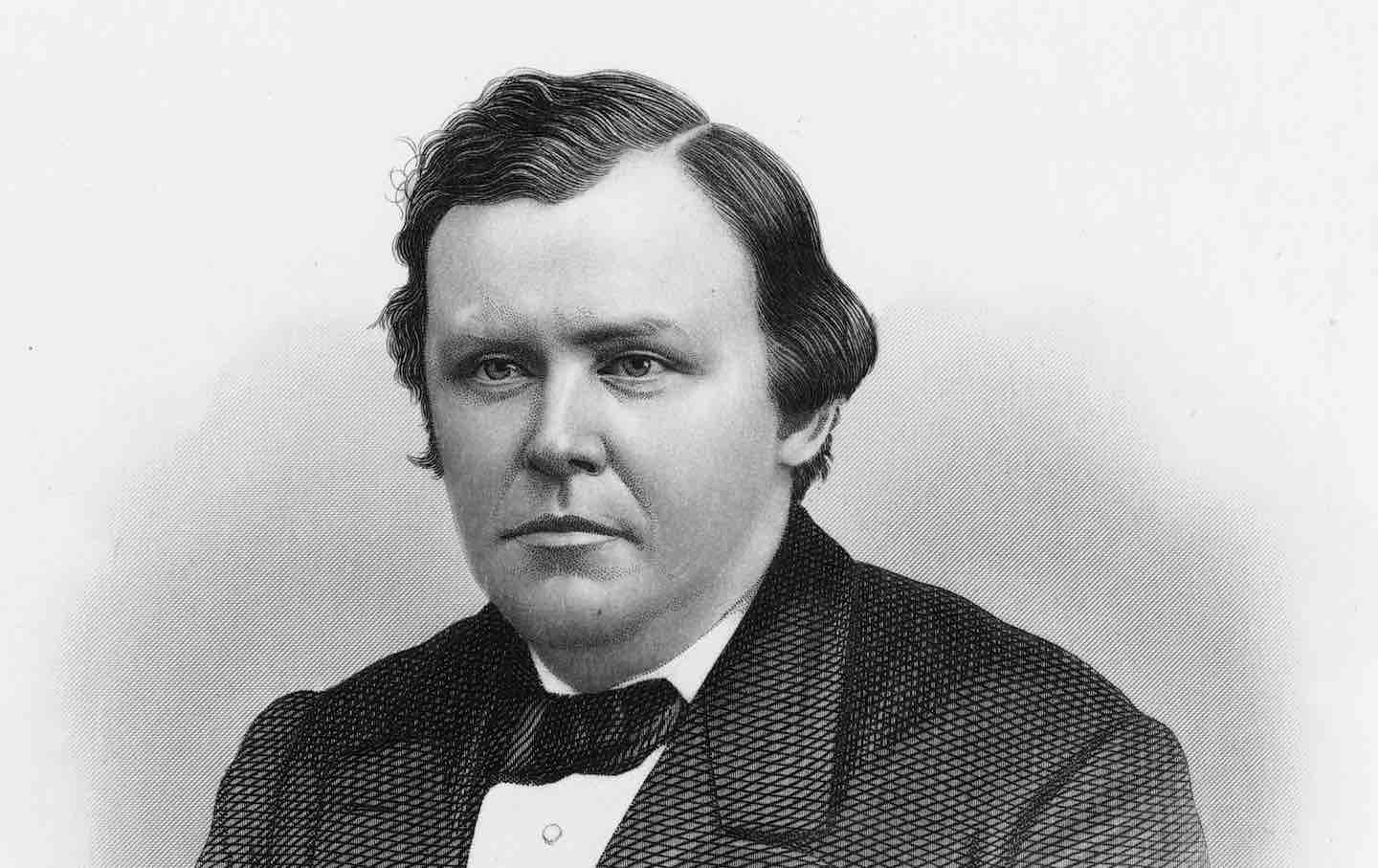To a Blossoming Saguaro
You have kin in Mexico.
Shooting you is called “cactus plugging.”
Humidity & wind speed shape the path of a bullet.
Your shadow will outlive my father.
That’s kind of comforting.
Ghost-faced bats pollinate your dog-eared flowers
which smell like wet rope, melon.
The sky is a century with no windows.
I say things like that. Sorry.
You have more rights than the undocumented:
I need a permit to uproot you.
Ofelia believes only rain can touch all of you.
My mother is my favorite immigrant.
After her? The sonnet.
(This poem originally appeared in You Are Here: Poetry in the Natural World.)
Eduardo C. Corral is the son of Mexican immigrants. He’s the author of Guillotine, published by Graywolf Press, and Slow Lightning, which won the 2011 Yale Series of Younger Poets competition. He’s the recipient of a Guggenheim Fellowship, a Lannan Foundation Literary Fellowship, a Whiting Writers’ Award, a National Endowment for the Arts Fellowship, and a Hodder Fellowship from Princeton University. He teaches in the MFA program at North Carolina State University.








